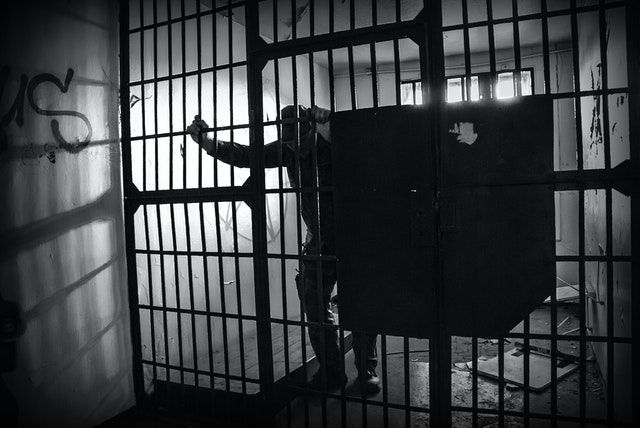202 reads
You Censor One of Us, You Censor Us All
by
November 22nd, 2020
Your life is a decentralized blockchain, except nobody but you has the full copy of events.
About Author
Your life is a decentralized blockchain, except nobody but you has the full copy of events.
